If you think about her legacy, it’s actually ironic. She discovered something that made her immortal but also contributed to her death. To explain just how much she actually gave to the world will take much more than a single article. It wasn’t just about science for her. It was more about her passion. Passion to do better by other people, passion to make the world a better place.
Her accomplishments are well documented. She was the first woman to win a Nobel Prize, the first one to win it twice and the only one to win in two different sciences (physics in 1903 and chemistry in 1911). Most of this you must already know…
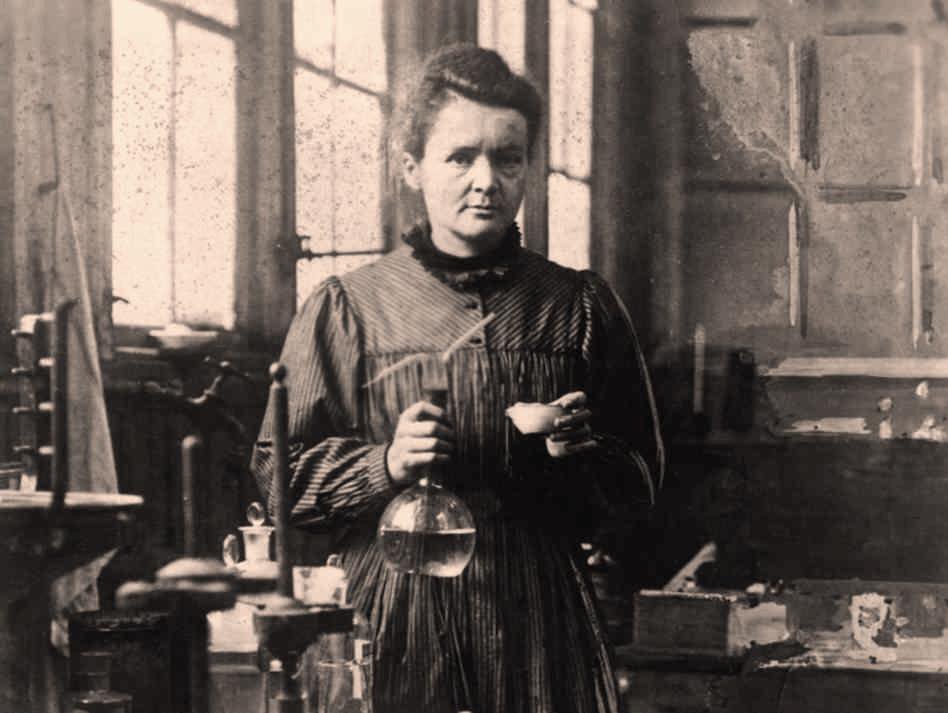
While her achievements are celebrated, little do we know about the person. What’s more important to know here is that she did what she did in a field that was primarily considered a man’s profession. Not only did her contributions shape the world we live in, but it also broke many societal barriers. A fact that is mostly overlooked.
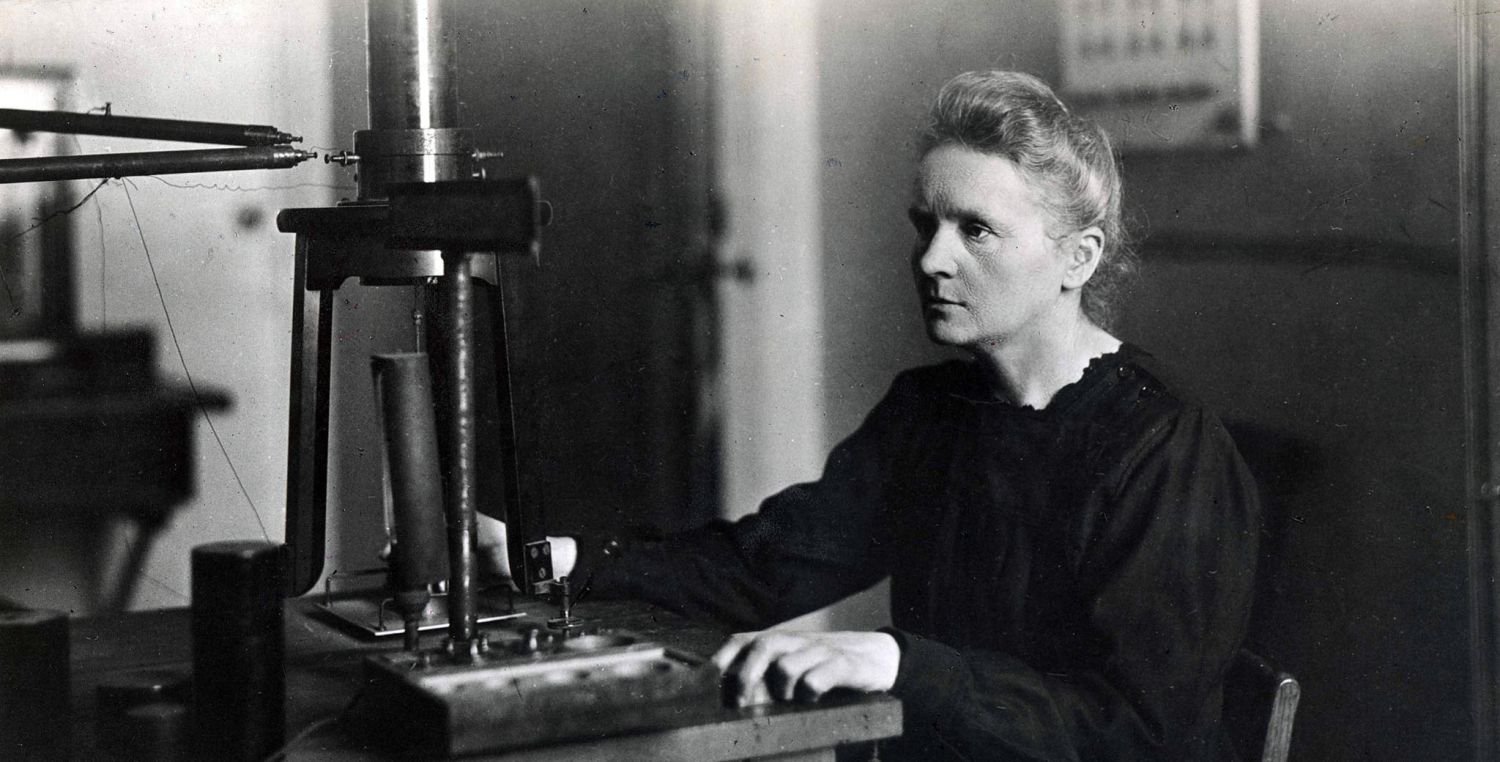
At a time when women were oppressed and not thought to be as worthy as men in various areas, she took the plunge. Regardless of what other people had to say. She was often ridiculed of taking credit for her husband’s work. But that never bothered the Curies. They went about their day, engrossed in what they had set out to do.
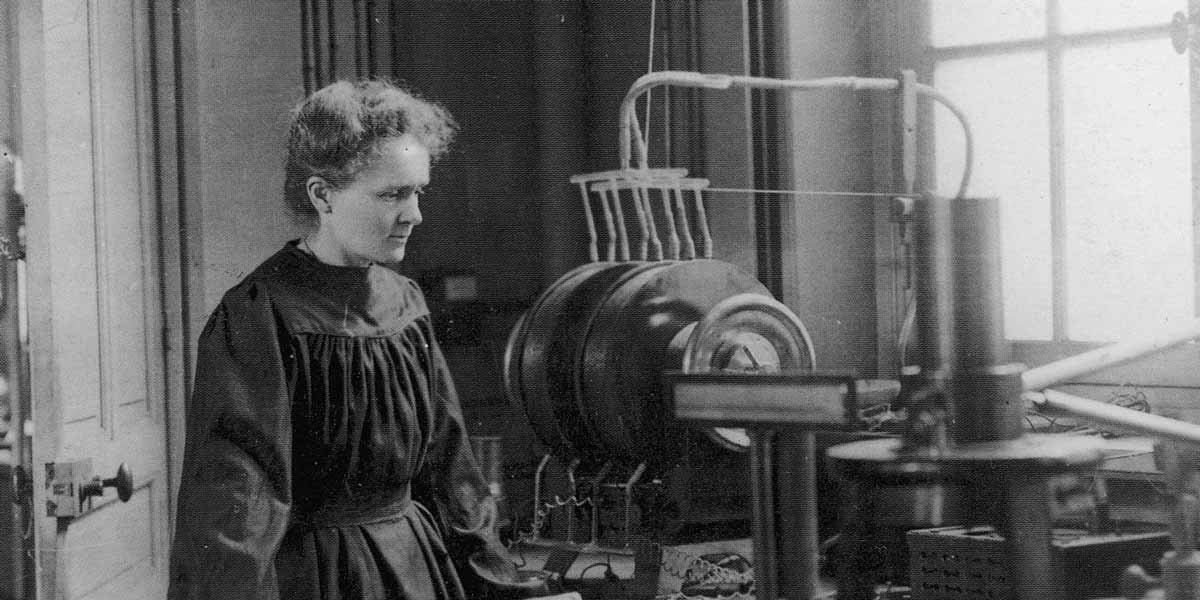
Some questioned her most important discovery, so she determined the atomic weight of radium and put it beyond doubt. But she did not do it to prove them wrong, she did it out of love for science. It was the simplicity in her devotion that made her do it.
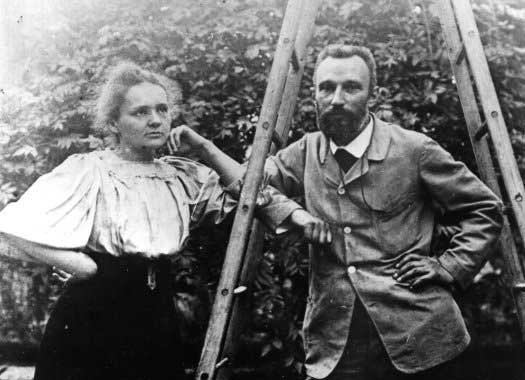
They even considered leaving her out of the awards. But her husband, who, along with Henri Becquerel, was also given the Nobel Prize for discoveries in radioactivity, refused to accept it if she was going to be left out.
It’s a shame if you think about it. Trying every trick in the book to not give someone the adulation they deserve just because of their gender. And these ‘men’ were supposedly there to award the brightest minds of the generation.
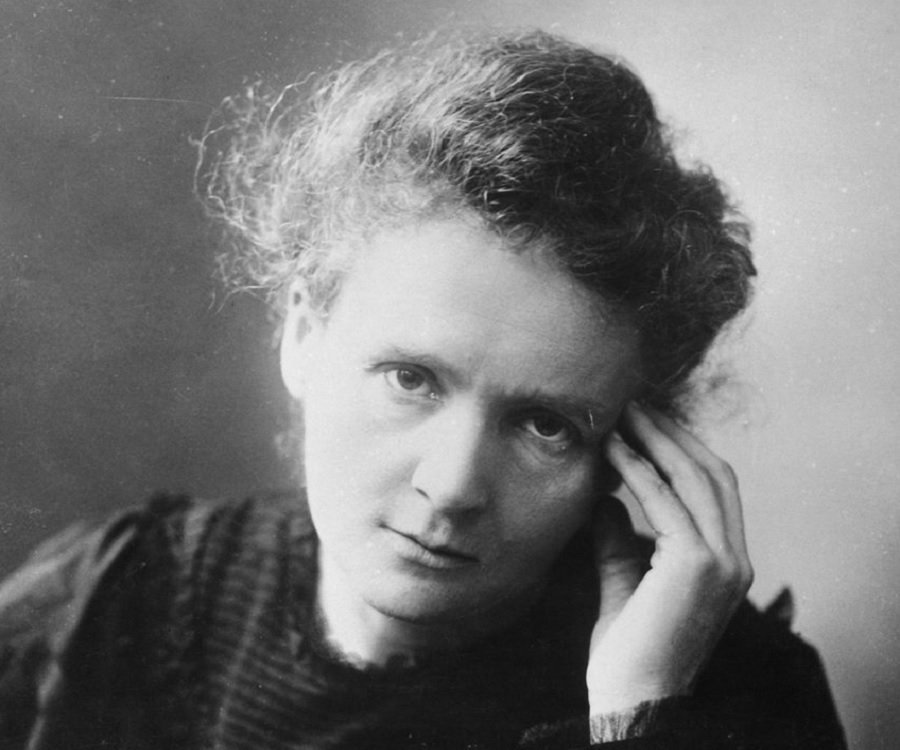
She did not celebrate awards, because to her it was all in the name of science. Her daughter, Eve, who wrote Marie’s biography had this to say:
“One picture, always the same, dominates the memory of these fêtes and processions for me: the bloodless, expressionless, almost indifferent face of my mother.”
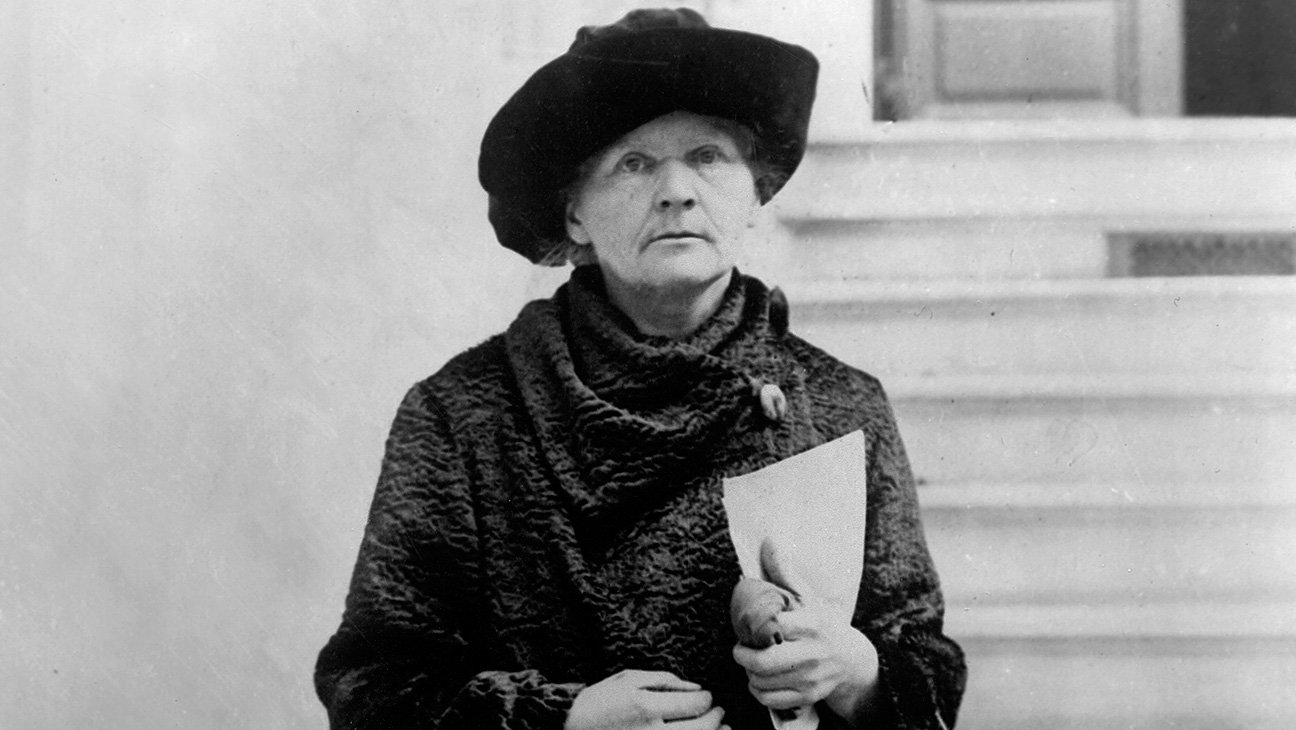
Her life was marred by a lot of tragedy. She lost her sister and her mother before she was 10. The man she loved, the one who helped her with her work, Pierre Curie, died in a street accident.
After a few years, she was involved with another man. But the man, physicist Paul Langevin, was already married. His wife had threatened to kill Marie and reveal letters to the press. Marie was ridiculed in the media. The Nobel committee saw this is a black mark and requested her to not show up for the Nobel Prize ceremony in 1911, where she was to receive her second Nobel Prize.
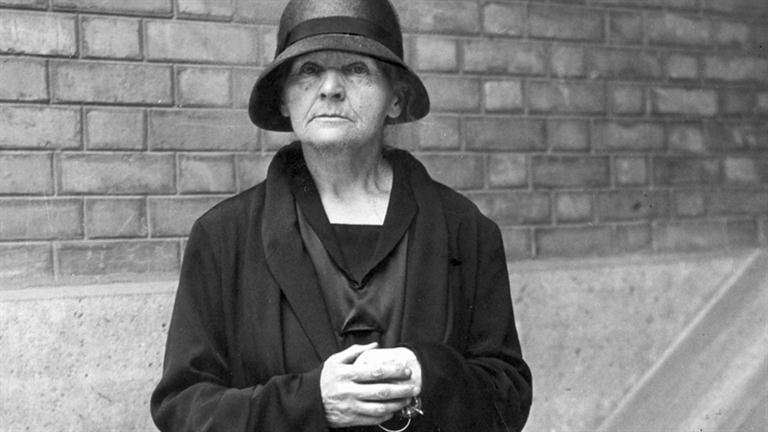
She went anyway. Soon, her romance with Langevin also came to an end. She was alone, again. And she sought refuge in the only thing that she could. Serving the people, or rather this time, the soldiers. World War I had begun. Countless soldiers were injured and wounded, with surgeons blindly searching them for bullets. Remember back then, they did not have access to X-ray machines.
But Marie put together facilities that would provide said equipment. And more than that, she also came up with mobile x-ray units. Fitted in vans that could go to various battlefields to serve the wounded. She would even drive it herself, at times, with her daughter Irene for assistance. Irene eventually got a medal by the French government but Marie’s contributions were ignored. Her mobile units called Les petites Curies served over 10,000 wounded men.
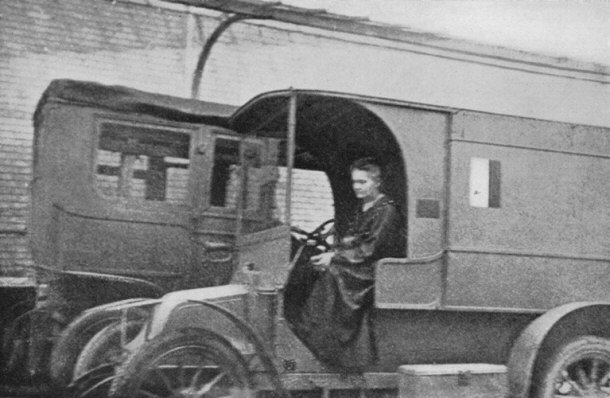
But she still lived to serve. Even though spending so much time with the x-ray equipment was cited as one of the major reasons for her death. Nonetheless, she proved that gender had nothing to do with what she could or could not achieve.
Had she been alive, she would have been awed and appalled by what use her discoveries are being put to. From cancer treatment to atomic bombs. But no matter what, she will always be credited for shaping this world for bring about a change no man, or let’s just say no human, could.
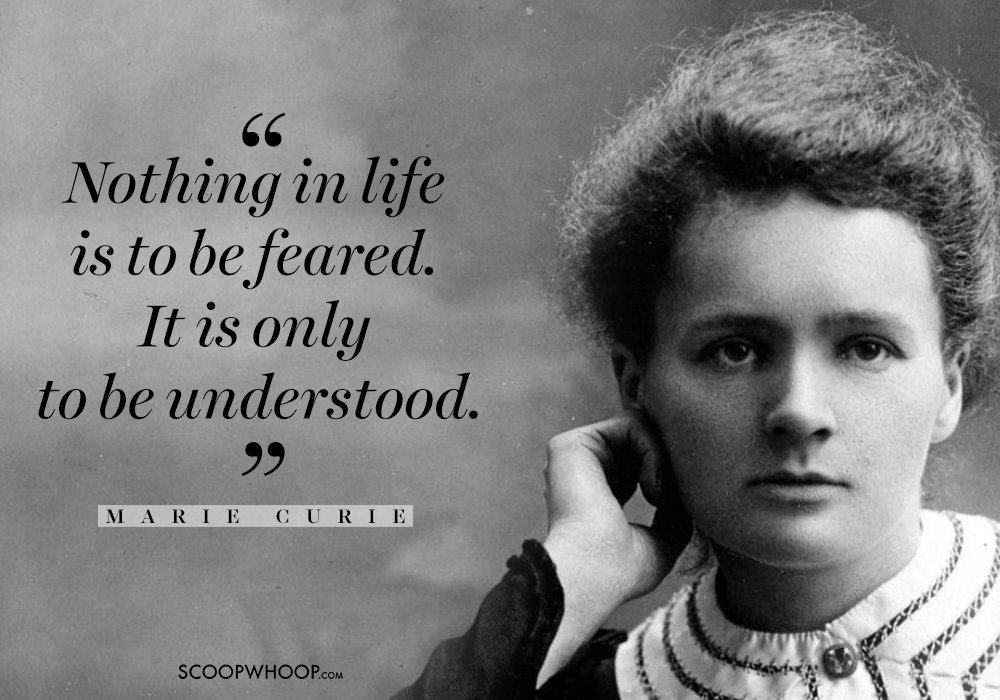
Look at it this way: without her, something as big as nuclear power wouldn’t have been a reality and even something as small as a song called Radioactive wouldn’t have its name, because it was she who coined the term.
That is the extent of her contribution. From one extreme to the other, this is her legacy.

















